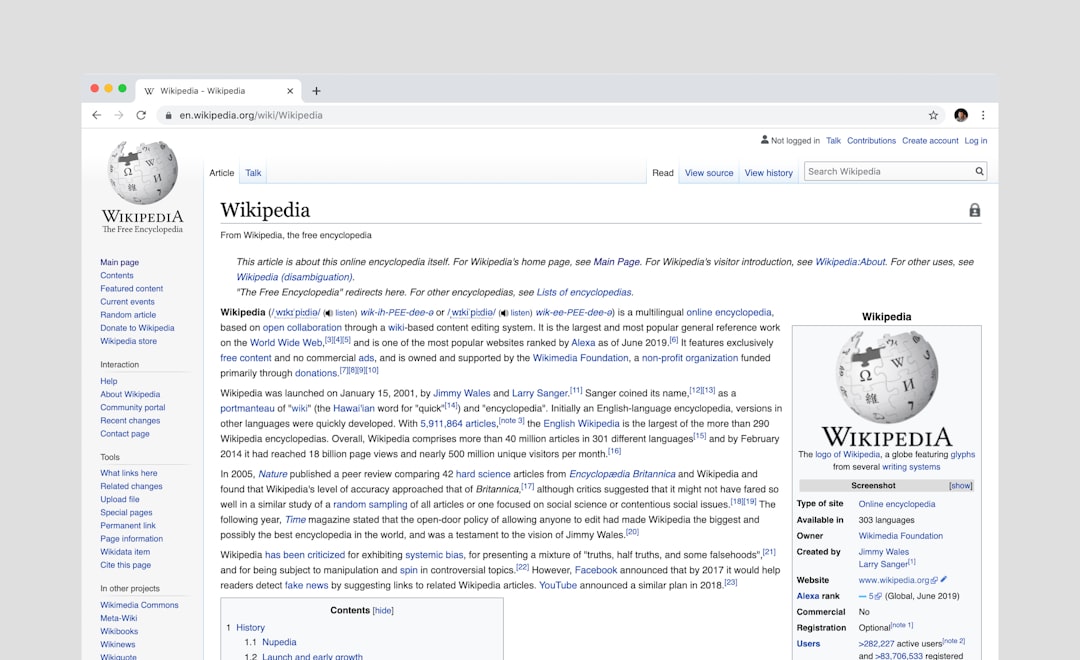Gutenberg vs Classic Editor: What’s Best in 2025?

In the ever-evolving world of WordPress, two editors continue to spark debate among developers, bloggers, and content creators alike: Gutenberg and the Classic Editor. As of 2025, both editors remain available, but the question still arises—which one is the better choice? Choosing between Gutenberg and the Classic Editor depends on a variety of factors, including user needs, project types, and performance expectations. This article dives into a detailed comparison to help readers make an informed decision about which editor is best suited for their requirements in 2025.
Overview of Gutenberg and Classic Editor
Gutenberg, originally released in WordPress 5.0, is a block-based editor aimed at revolutionizing content creation. It introduces a new way of building posts and pages using movable and customizable blocks.
Classic Editor, on the other hand, is the old-school TinyMCE-based text editor that offers a simple interface for writing and formatting content. It resembles basic word processors and has been a familiar companion for WordPress users for over a decade.

Gutenberg in 2025: How Far Has It Come?
In 2025, Gutenberg has evolved considerably. The editor now supports full-site editing, more advanced block patterns, and greater integration with themes and plugins. Many of its early limitations, such as restrictive formatting and sluggish performance, have been addressed. Developers can now create reusable blocks, custom block types, and interactive layouts faster than ever before.
Key improvements in Gutenberg in 2025:
- Full-Site Editing (FSE) allows users to design entire websites within the editor.
- Responsive editing options for different device views.
- Updated user interface for quicker block selection and layout building.
- Improved collaboration tools, allowing multiple users to edit content in real time.
Gutenberg is no longer seen as an experimental feature—it’s a mature, well-optimized editor ready to support high-level content strategies.
Classic Editor: Still Relevant in 2025?
Despite Gutenberg’s significant growth, the Classic Editor still has its loyal fanbase. WordPress has extended support for this plugin, recognizing that many users still prefer the simplicity and control it provides.
Why some still prefer the Classic Editor:
- Simplicity: The straightforward text box with formatting tools is less overwhelming for beginners.
- Speed: It loads faster and performs better on older devices or slower connections.
- Compatibility: Many legacy plugins and themes work better with the Classic Editor.
- Precision: Content creators that focus heavily on custom code or shortcodes often find Classic more flexible.

However, it’s important to note that the Classic Editor lacks the dynamic capabilities that modern websites require. While it still works well for simple blogs or static pages, it may struggle to keep up with interactive, multimedia-heavy sites.
Comparing Gutenberg and Classic Editor
| Feature | Gutenberg | Classic Editor |
|---|---|---|
| Ease of Use | Learning curve for new users due to block-based layout | Simple and familiar format, easy for beginners |
| Customization | High with custom blocks and design flexibility | Limited to basic HTML and shortcodes |
| Performance | Improved but heavier than Classic Editor | Lightweight and fast |
| Design Capabilities | Advanced layout building, full-site editing | Minimal built-in design options |
| Plugin & Theme Integration | Better integration with modern plugins and block-based themes | More compatible with older plugins and legacy themes |
Who Should Use Gutenberg in 2025?
Gutenberg is the editor of choice for:
- Developers and designers creating custom themes and reusable block components.
- Businesses and agencies managing feature-rich websites with dynamic content.
- eCommerce platforms using WooCommerce and needing responsive, flexible layouts.
- Content marketers looking for visually appealing landing pages and blog posts.
Who Should Stick to the Classic Editor?
Classic Editor remains practical for:
- Bloggers who prioritize speed and simplicity in their writing workflow.
- Users with limited resources such as older hardware or slower hosting plans.
- Websites using outdated plugins or themes that are not compatible with blocks.
- Developers managing legacy client sites where migration is not feasible.
Final Verdict: Gutenberg or Classic Editor in 2025?
Ultimately, Gutenberg is the future of WordPress. Its block-based approach empowers users to build complex layouts without writing a single line of code. The ongoing investment from the WordPress core team shows that Gutenberg is central to the platform’s long-term vision.
That said, the Classic Editor still serves a purpose—especially for users with specific needs or limited resources. It provides a stable, lightweight environment that is effective for basic content publishing.

In 2025, the decision comes down to project scope and personal preference. While Gutenberg may require a brief learning curve, the possibilities it offers make it the preferred choice for most modern websites.
FAQs
-
Q: Is WordPress ending support for the Classic Editor?
A: As of 2025, WordPress has extended support for the Classic Editor through at least 2026. However, it’s encouraged to adopt Gutenberg for better compatibility. -
Q: Can I use both Gutenberg and the Classic Editor on the same site?
A: Yes, with specific plugins, you can enable Classic Editor for certain post types and Gutenberg for others. -
Q: Is Gutenberg harder to use than the Classic Editor?
A: Gutenberg has a learning curve, but once understood, it offers greater flexibility and visual control over content. -
Q: Which performs better in terms of speed?
A: The Classic Editor is generally faster due to its lighter codebase. However, Gutenberg performance has significantly improved in recent years. -
Q: Are there any alternatives to Gutenberg and Classic Editor?
A: Yes, third-party builders like Elementor, Beaver Builder, and WPBakery offer additional options outside the core WordPress editors.
